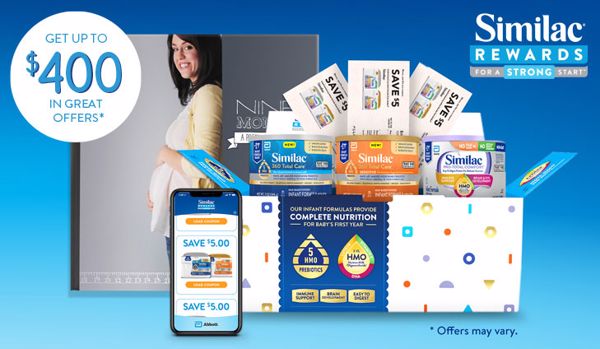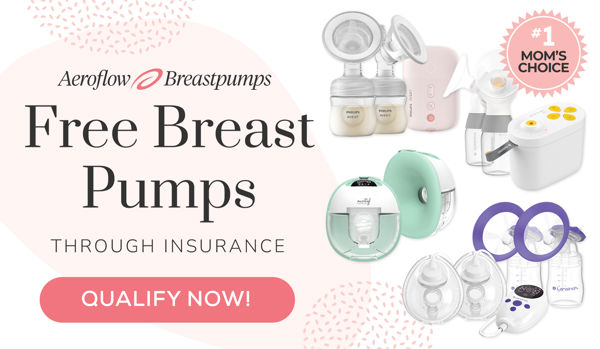Bringing our first baby home from the hospital was a simple yet precious experience. I inched my post-cesarean-self up three flights of stairs in the summer Florida heat while my husband carried the baby and all our hospital supplies with multiple trips. Setting him down in the swing we had assembled weeks before felt completely surreal. I’ll never forget the feeling of snipping his hospital bracelets off his chubby little ankles— it felt better than unwrapping the first gift Christmas morning! But … then what? Looking around and realizing it was just us, after a week of nurses bustling about, loved ones passing the baby around, and friends dropping by to say hello — how were we supposed to take care of this human being all by ourselves?
The Basics
After giving birth, you most likely had a crash course in parenting a newborn from your doctor or midwife, possibly complete with some take-home pamphlet or booklet. Brief instructions probably included things such as how to maintain feedings/changings and care for the umbilical cord and any other unique medical needs your baby may have.
In those first few weeks, things can blur together, so I strongly recommend keeping a working record of all feedings and diaper changes. You can do this on a sheet of paper, in an app, or even in the notes section of your phone. I like to use a note or Google doc because it can be easily shared with another caregiver so they can reference it or add feedings or diaper changes they complete as well.
Prepare for the worst.
Unfortunately, germs don’t discriminate between grown adults and newborn babies, so it is important to practice good hygiene and health practices such as washing your hands regularly and before handling your newborn, avoiding coughing or sneezing on or near your baby, and carefully regulating visitors so that they are practicing these healthy habits as well. Setting a policy that no one is to kiss your baby on the face or touch their hands (other than you and your partner) is a strong standard to avoid serious life-threatening illness.
If sickness does come your baby’s way, the last thing you’ll want to be doing is scrambling for supplies, so it is a good idea to have some basics on hand in addition to being in prompt communication with your baby’s doctor.
Newborn health supply suggestions in case of illness:
- Cool mist humidifier. You can also stand in the bathroom while the shower runs if you don’t have a humidifier.
- Nasal aspirator to gently remove mucus. This may be a bulb syringe, which you may have received at the hospital, or something like a Nose Frida.
- Rectal thermometer. Rectal temperature is more accurate and easily taken for newborns.
- Infant Tylenol ONLY for babies over two months. (Motrin cannot be used until after six months.)
Being your best self
Bonding with your newborn is a vital part of their development, and so building that connection is one of the most important parts of newborn care.
However, the analogy of putting your oxygen mask first rings true not only in an airline emergency but in bonding with your baby as well. Parenting has many levels of self-sacrifice, but babies don’t appreciate martyrs. It’s important to be sure your needs are taken care of in order to effectively connect with your newborn. If you are exhausted, in pain, depressed, anxious, or otherwise distressed, you won’t have the emotional bandwidth to be with your baby to the best of your ability.
In fact, being miserable is a sure way to damage your relationship with your baby and others around you, as you may find yourself becoming increasingly irritable and even resentful. If you feel guilty taking time “away” from your baby to care for yourself, know that the fact you care is already a sign that you love your baby and are doing a great job! For parents of newborns, self-care is also infant care.
The best gift you can give your baby is a healthy, happy parent.







